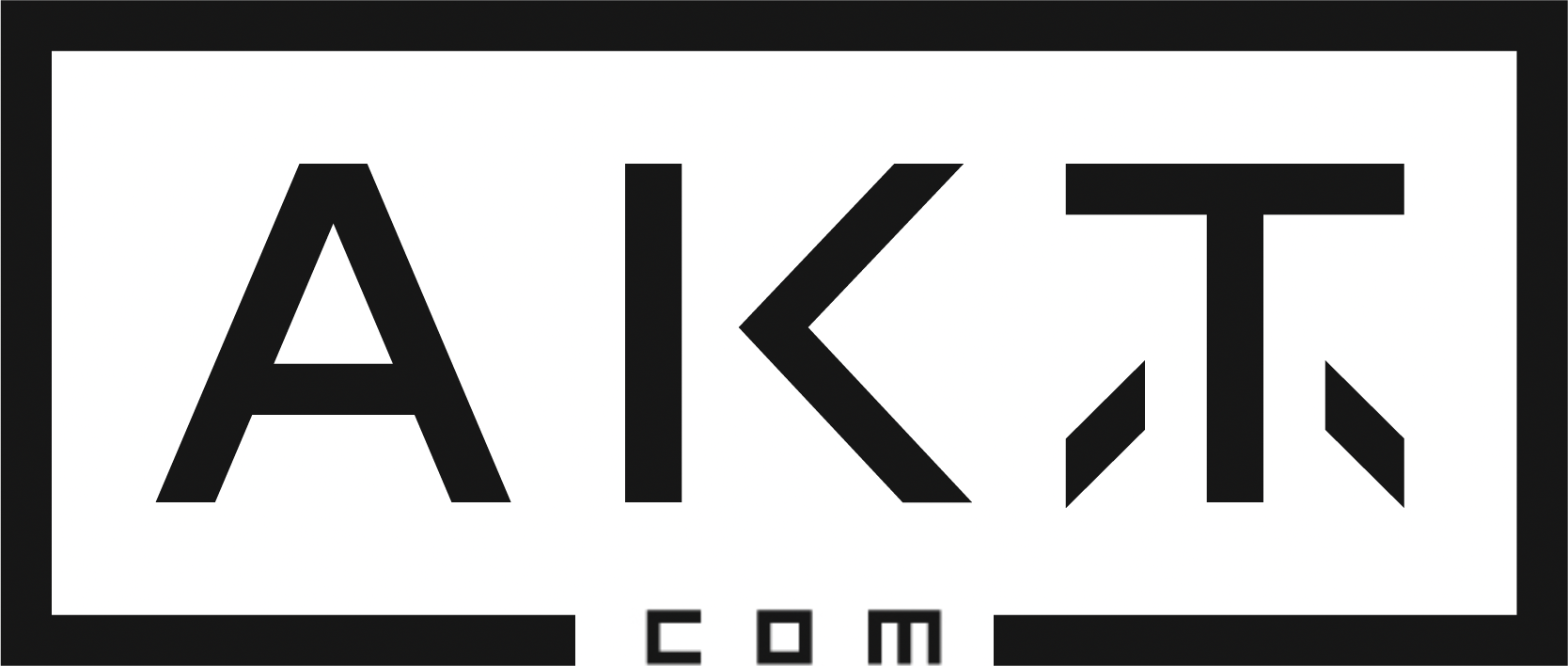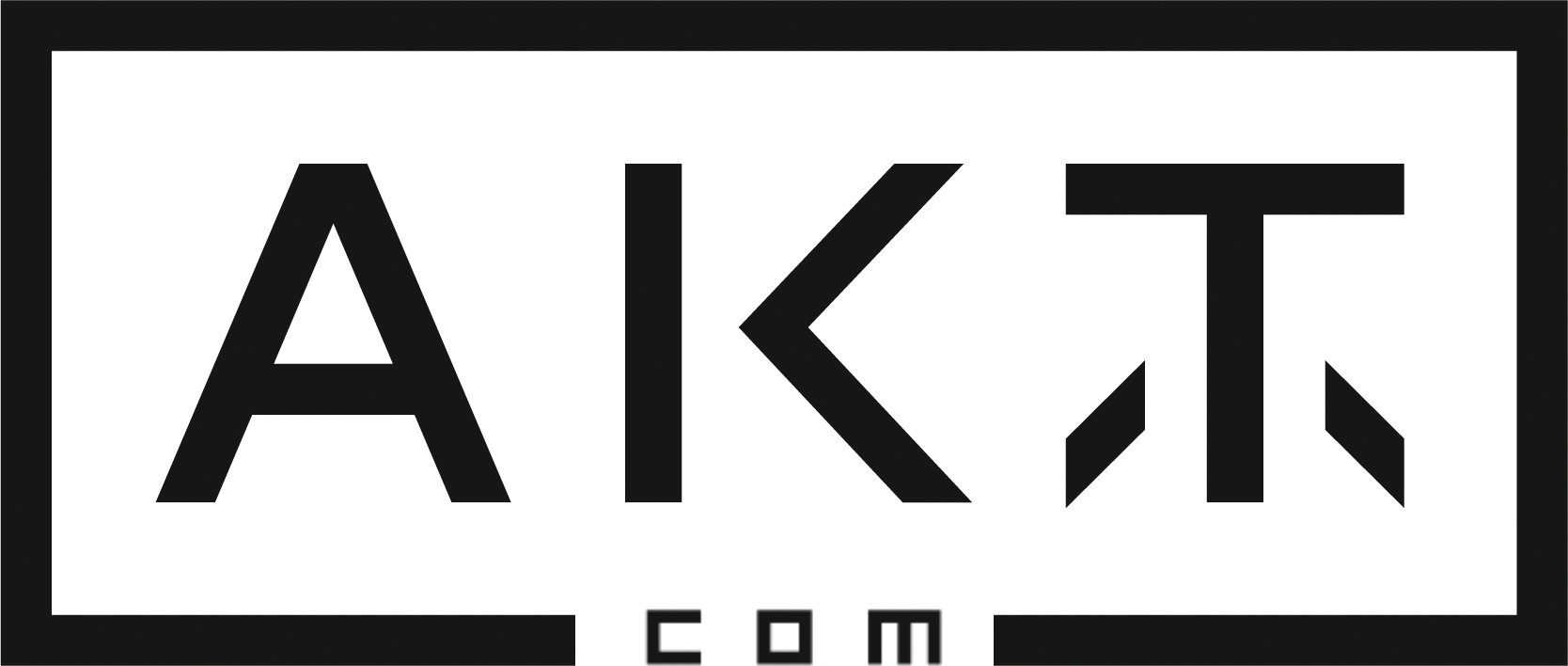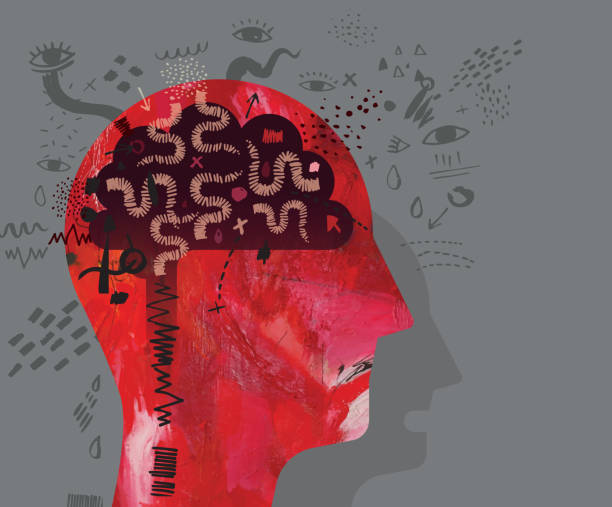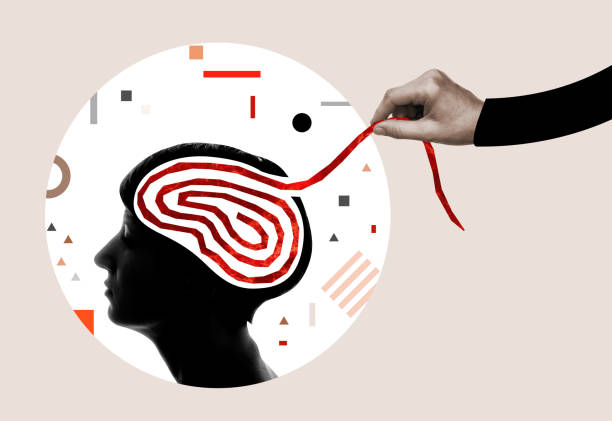Cognitive Flexibility and Adaptability: Key to Functional Development

In an ever-evolving world, our ability to think flexibly and adapt is crucial for personal growth, resilience, and success. Cognitive flexibility, often paired with adaptability, refers to our capacity to adjust our thinking and approach in response to new information, changes, or unexpected challenges. By cultivating these skills, individuals can navigate complex situations, maintain productivity under stress, and enhance overall well-being. This article explores the importance of cognitive flexibility and adaptability and how these traits contribute to functional human development.
1. Understanding Cognitive Flexibility
Cognitive flexibility refers to the mental ability to shift perspectives, adapt thinking, and find alternative solutions when faced with new challenges. This skill is foundational to problem-solving, critical thinking, and effective communication. Cognitive flexibility involves not only considering different viewpoints but also adjusting our approach to achieve goals, even when faced with setbacks. It’s what allows us to switch tasks, think creatively, and find innovative solutions in both personal and professional settings.
Benefits of Cognitive Flexibility:
⭕ Enhanced Problem-Solving: It enables people to look at situations from various angles, improving the ability to come up with creative solutions.
⭕ Emotional Regulation: Those with cognitive flexibility are often better able to manage their emotions, as they can reframe negative thoughts or view situations in a positive light.
⭕ Increased Learning Ability: Flexible thinkers are better at acquiring new information because they adapt their understanding to integrate new insights, which supports continuous growth.
2. The Role of Adaptability in Development
Adaptability is the behavioral aspect of cognitive flexibility. It’s the ability to adjust one’s actions and habits to respond effectively to changing circumstances. Adaptable individuals are typically more resilient, open to change, and able to thrive in dynamic environments. In today’s world, where technology and society constantly evolve, adaptability is critical for personal and professional success.
Why Adaptability Matters:
⭕ Resilience Under Stress: Adaptable people are more equipped to handle stress and unexpected challenges, maintaining composure and staying solution-focused.
⭕ Openness to Learning: Adaptable individuals embrace learning opportunities and new experiences, which fosters growth.
⭕ Professional Agility: In work environments, adaptability is often associated with career growth, as it allows individuals to take on varied roles and adjust to industry shifts.
3. Cultivating Cognitive Flexibility and Adaptability
While cognitive flexibility and adaptability can be innate traits, they can also be developed through intentional practice. Here are some strategies for cultivating these traits:
1. Embrace a Growth Mindset: Believing in the ability to grow and learn fosters openness to new experiences. Adopting this mindset helps shift focus from failures to learning opportunities.
2. Practice Perspective-Taking: Regularly practice looking at situations from different perspectives. This could be as simple as considering others’ viewpoints in discussions, which can strengthen cognitive flexibility over time.
3. Engage in Novel Activities: Trying new activities or learning skills outside of one’s comfort zone can expand cognitive capabilities, enhancing both flexibility and adaptability.
4. Mindfulness and Stress Management: Techniques like mindfulness meditation encourage present-focused awareness, reducing emotional reactivity and promoting adaptability under stress.
5. Reframing Negative Situations: Developing the habit of reframing challenges as growth opportunities strengthens both cognitive flexibility and adaptability.
4. The Importance of Cognitive Flexibility and Adaptability in Functional Development
Incorporating cognitive flexibility and adaptability into one’s personal development fosters functional growth in all life areas. These traits support mental resilience, making it easier to manage stress and remain productive under pressure. Additionally, flexible and adaptable individuals are better equipped to foster meaningful relationships, achieve their goals, and maintain mental well-being.
Practical Impacts in Daily Life:
⭕ Career Advancement: Flexibility in thinking and adaptability in behavior allow individuals to excel in diverse and rapidly changing work environments.
⭕ Relationship Building: Understanding different perspectives improves communication and empathy, strengthening interpersonal relationships.
⭕ Personal Fulfillment: Adaptability empowers people to pursue fulfilling and varied life paths, as they are open to exploring new interests and experiences.
Conclusion
In an age of constant change, cognitive flexibility and adaptability are essential skills that support functional development and personal growth. By actively working to strengthen these traits, individuals can unlock their full potential, overcome challenges with ease, and lead more resilient, successful lives. Cognitive flexibility and adaptability, while often overlooked, are foundational components of a balanced and empowered life.







Responses